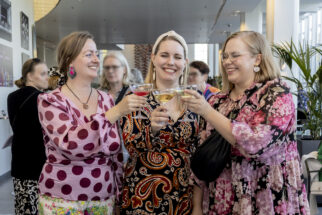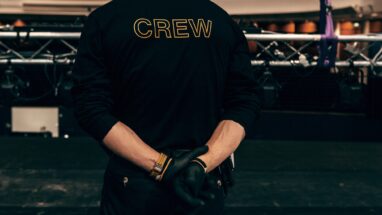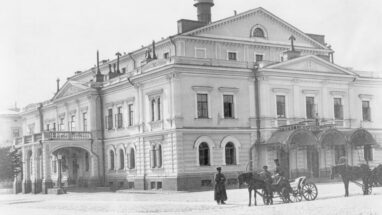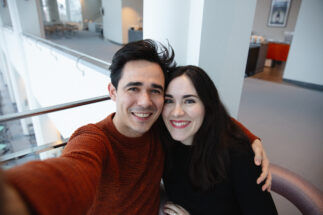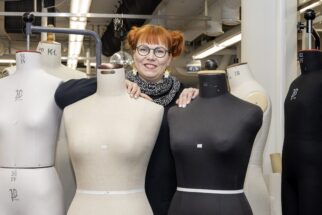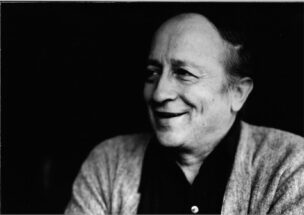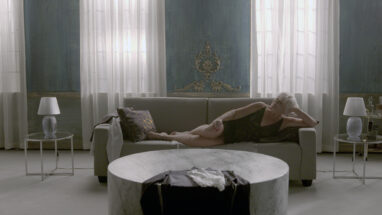
Head Coach and Conductor Kurt Kopecky
The Working at the Arts Factory article series showcases the people of the Finnish National Opera and their wide variety of roles. This time we talked to the Head Coach and Conductor Kurt Kopecky.
How did you end up working at the Opera House?
I’m educated as a conductor and rehearsal pianist. I completed my diploma in conducting in Vienna and started my career as a repetiteur, in other words a coach, at the Theater Biel Solothurn in Switzerland. In addition to this, I have worked as the principal conductor of the Icelandic Opera.
I ended up in Finland because of my Finnish wife. I first came to the Finnish National Opera as a visiting conductor in 2006, conducting Mozart’s Zaide in Almi Hall. A few years later I was offered a tenure as a coach, and I started in my current role in 2013.
What does the role of Head Coach and Conductor involve?
It’s down to me to ensure the success of our opera rehearsals in terms of music as well as a high quality end result. My diverse responsibilities include both an artistic and an administrate side. This is where my background comes to the fore, as my experience has made me thoroughly familiar with both the repertoire and the work of a coach.
I manage a total of seven people: four coaches and three prompters. My administrative tasks include, for example, planning the shifts for my team and the solo singers, as well as creating weekly shift and rehearsal schedules, etc. What’s more, I collaborate with surtitle translators and, when needed, find language teachers for soloists for a particular performance.
Conducting is my main responsibility on the artistic side. I conduct several opera or ballet performances in each season, but their exact amount varies each year. I can delegate artistic responsibilities to my team but not administrative tasks.
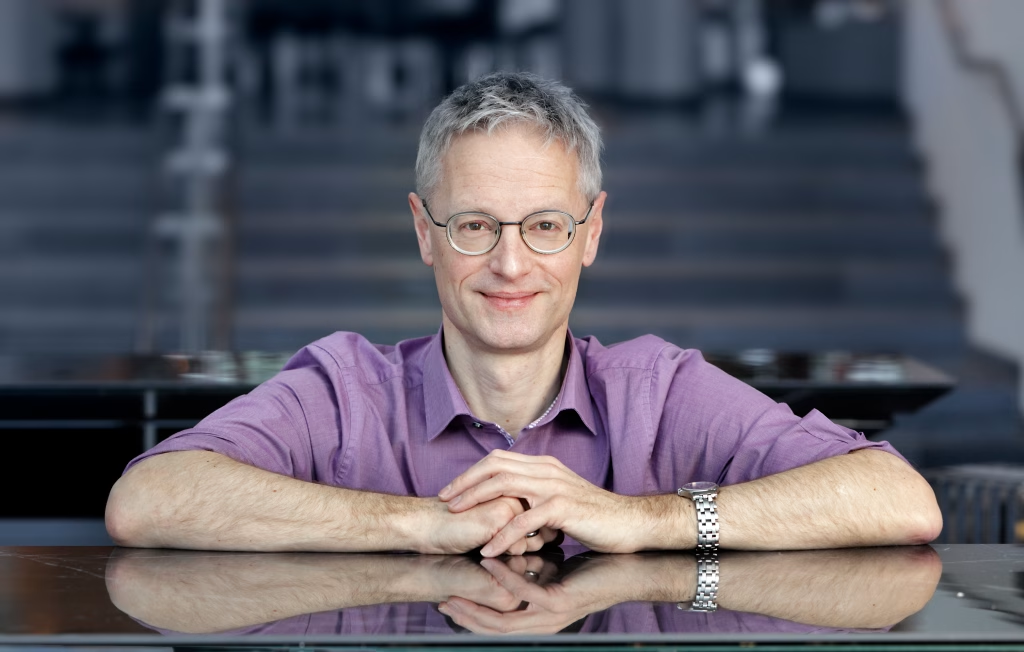
What is your typical work day like?
I usually arrive at the Opera House just before 9. a.m. If I have no meetings or other pressing tasks, I play the piano and practice for an upcoming production. The rehearsals start at 11 a.m., after which I often sit in meetings or plan shifts, for example. If I also work the evening shift from 6 or 7 p.m., I don’t finish until 10 p.m.
My working days tend to be long, but I’ve got used to that over the years. The role of a head coach is not limited to office hours, and that’s something you just accept. Sometimes I have lots of work, but that’s balanced out by quieter periods. I find this variety exciting, and my job is never boring.
Occasionally I go home and cook at lunchtime if my presence isn’t necessary at the Opera House. Working remotely, however, would be impossible in this role, as you’d quickly lose track of things. Needless to say, that would only have negative consequences.
What characteristics do you need in your role?
This role definitely requires organisation and the desire to keep everything in order. Flexibility is also important, as plans and situations change fast and you have to be able to react quickly. You also need to be proactive. Rather than waiting for someone to tell me to do something, I must take the initiative myself. On top of this, it comes without saying that as a conductor I need the skills to lead an orchestra.
A head coach must be present, acknowledge when people succeed and recognise their challenges, so that problems can be overcome in good time. Sometimes the courage to take risks is also beneficial, as is trust in people’s abilities. I have a wonderful and professional team and it’s down to me to give them the chance to shine.
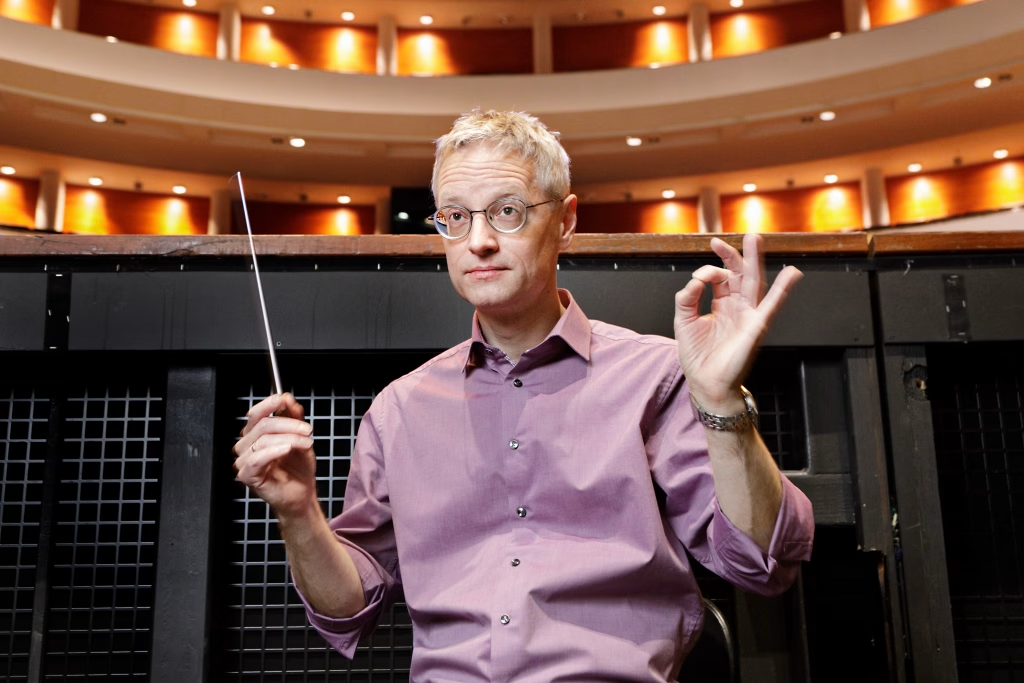
What do you like best about your work?
In Finland, you have only one head coach at a time, and at the moment that is me. I can mostly decide for myself how I work, and I have plenty of freedom in my role as a whole. That suits me very well.
My work combines regularity and routines with freedom and excitement in a wonderful way. Though we try to be prepared for everything, it’s impossible to predict all that happens. The unpredictability is what keeps this job interesting. It’s really thrilling, for example, to have to conduct something new in front of the audience, possibly without rehearsals. All you can do is put your trust in the professional skills of the orchestra, and yourself. Those are moments you’ll remember forever.
Today in particular it’s a great privilege to work with real people rather than in front of a computer. The Theater Biel Solothurn and the Icelandic Opera were both small companies. The Finnish National Opera and Ballet has much bigger resources, and we can create large scale productions with internationally acclaimed performers. That has been absolutely amazing. The Finnish National Opera is a first-rate opera company and a unique workplace where I quickly felt at home. My colleagues are very friendly and helpful.
And what do you find the most challenging?
Work done in vain is the hardest for me. The corona pandemic has brought an unprecedented uncertainty to our work. We put together and practice productions for a long time and with great care, but we might never get to perform them. That has been tough to digest.
The role of a head coach has helped me realise how much planning and how many people’s efforts are needed to create a successful performance. That applies to rehearsals, too: organising a one-hour rehearsal might involve ten hours of work from several people. There is such a vast amount of moving parts, but the level of professionalism and expertise in this house is extremely high. I can only really appreciate it now that I’ve seen the administrative side of the arts factory.
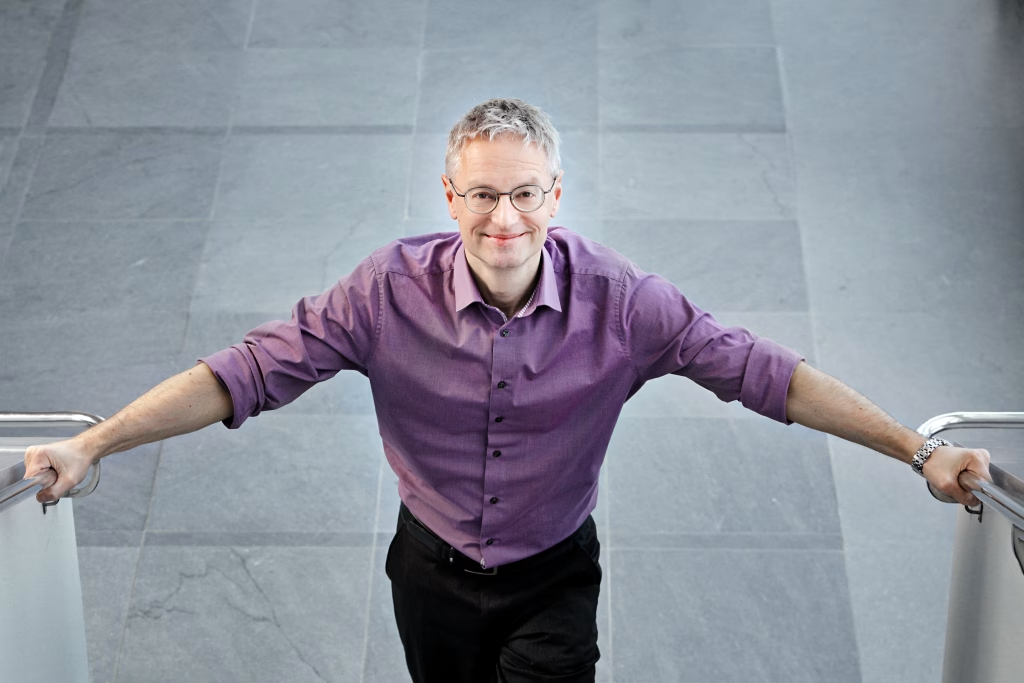
How do you take your mind off work in your free time?
It’s important for me to keep my free time and work totally separate. That’s why I don’t rehearse for productions at home or bring any work home with me.
I like to spend my free time together with my family. I also enjoy outdoor exercise, particularly downhill skiing and hiking. This winter I bought cross-country skis, and I’ve found skiing thoroughly enjoyable after a thirty-year break.
I also like to read, as it helps me keep up my language skills. I read books in Finnish, Icelandic, German and English. I’m finally trying to immerse myself in classics, such as the works of Shakespeare and Goethe. In my life I’ve read far too many bad books, so I’m now focusing solely on the good ones! I’ve explored the classics of Icelandic literature in their original language and they’re something to go back to time and time again. I also like reading books about natural sciences, and I’m constantly planning new mountain adventures.
What is your favourite opera or ballet?
I don’t have a definite favourite opera and ballet, but I always enjoy performing or listening to the works of W. A. Mozart and R. Strauss. At the Icelandic Opera, I had the chance to conduct Benjamin Britten’s opera the Turn of the Screw. That has stayed with me, as it is performed very rarely. Britten’s Peter Grimes was also the first production I ever saw at the Finnish National Opera.
Text PAULA RANTO
Photos HEIKKI TUULI

